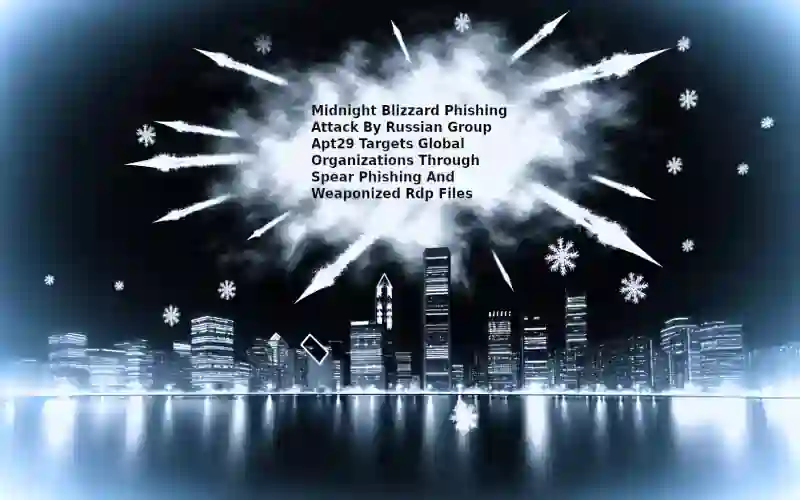
“Latrodectus Malware: Stealthy Cyber Threats Targeting Key Sectors”
Analyzing the Rise of Latrodectus Malware in Key Industries: Financial, Automotive, and Healthcare
The rise of the Latrodectus malware, also known as BlackWidow, has sent ripples of concern through key industries such as financial, automotive, and healthcare. First detected in October 2023, this downloader malware is believed to be the brainchild of LunarSpider, a notorious threat actor linked to the creation of IcedID and associations with WizardSpider. According to a detailed analysis by Forcepoint, the sophistication and targeted nature of this malware have heightened worries about the security of sensitive information across these vital sectors.
Latrodectus primarily infiltrates systems through email phishing, cleverly disguised either as a DocuSign request in PDF attachments or as a ‘failed display’ popup in HTML formats. The moment an unsuspecting user clicks on these attachments, they inadvertently trigger the download of a DLL file that installs the Latrodectus backdoor. This initial breach can lead to dire consequences including exfiltration of personally identifiable information (PII), financial fraud, extortion, and severe data breaches.
The technical execution of these attacks reveals a chilling attention to detail. In the PDF variant, attackers employ an MSI installer activated by obfuscated JavaScript within the document. This script cunningly includes a plethora of junk comments to mask the malicious code. Once the extraneous text is stripped away, what remains is a script that initiates an ActiveXObject(“WindowsInstaller.Installer”) to download and execute a .msi file. This file then deploys a malicious DLL executed by rundll32.exe, unpacking another DLL payload in memory which connects to the command and control server using an unusual port, 8041.
On the other hand, the HTML delivery method exploits a different psychological tactic. It presents a fake popup claiming that the user’s browser cannot display the file correctly offline. The proposed ‘solution’ button, when clicked, leads to the direct download and installation of the Latrodectus malware via PowerShell commands, bypassing the need for an MSI installer. This method not only simplifies the attack but also reduces the digital footprint left on the infected device.
Forcepoint researchers have noted an alarming trend where threat actors repurpose older emails to distribute these malicious PDF or HTML attachments. They cleverly use URL shorteners and host their payloads on seemingly innocuous platforms like storage.googleapis.com, lending an air of legitimacy to their nefarious activities.
The targeted sectors—financial, automotive, and healthcare—are particularly vulnerable due to the wealth of sensitive data they handle daily. In finance, the potential for monetary theft and fraud can have ripple effects on global markets. The automotive industry, with its increasing reliance on connected technology, faces risks of operational disruptions and safety compromises. Healthcare institutions, holding critical patient data, could suffer immeasurable harm in terms of privacy violations and operational integrity.
This growing sophistication in cyberattacks calls for an equally sophisticated response. Industries at risk must enhance their cybersecurity measures, educate employees about potential phishing tactics, and implement robust systems to detect and respond to threats promptly. The stakes are high, and the cost of complacency could be catastrophic.
As we continue to navigate this digital age, our vigilance against such threats must be unwavering. The tale of Latrodectus is not just a cautionary one; it is a stark reminder of the ongoing battle between cybersecurity defenses and the dark underbelly of cybercrime.














